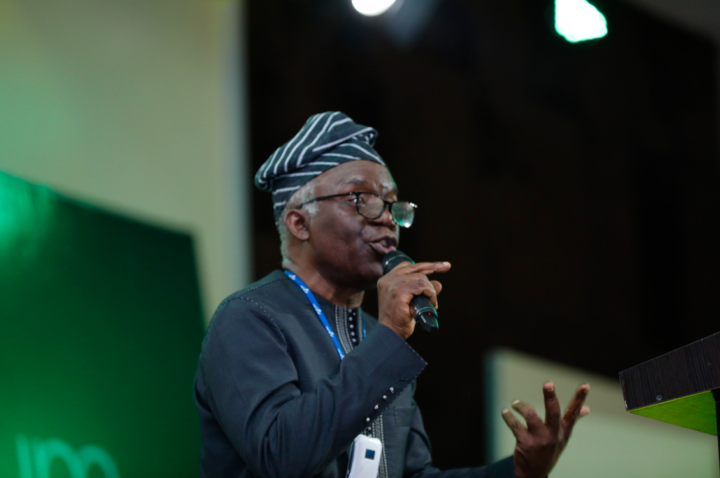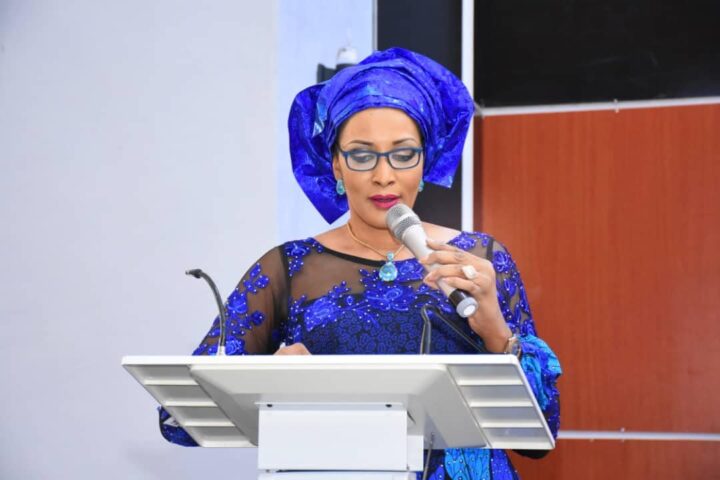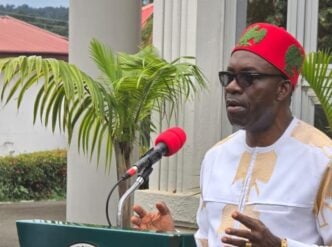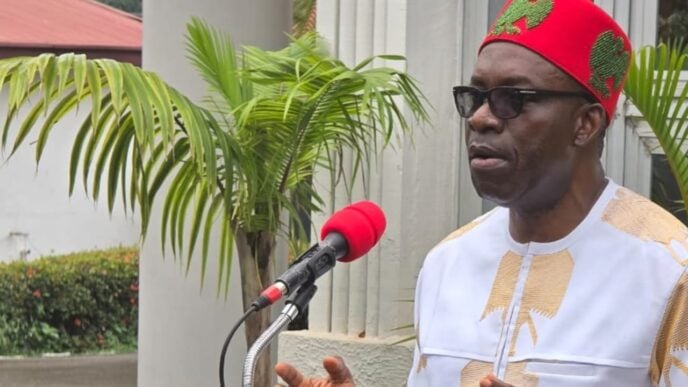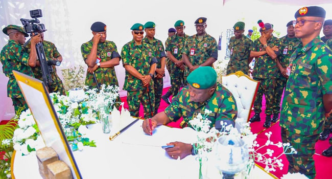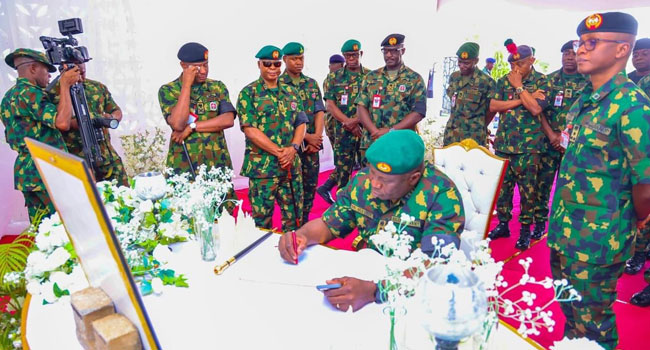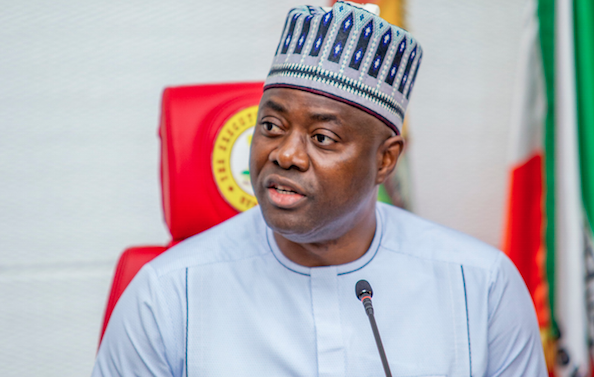Femi Falana
Femi Falana, a human rights lawyer, says he met Zamani Lekwot, a retired major general, in Kuje prison following the 1992 Zangon Kataf riot in Kaduna state.
Falana shared his prison experience during the public presentation of Richard Akinnola’s book Judicial Terrorism: A Macabre Trial and Death Sentences on Some Atyap (Kataf) People.
On February 12, 1992, a dispute over market stall allocation escalated into violence between Christians and Muslims in the Zango Kataf area of Kaduna.
The conflict resulted in widespread destruction, loss of lives, and displacement in the north-west state.
Advertisement
Falana said the book reflects on the “macabre trial and death sentences illegally passed on Lekwot and five others over the 1992 Zangon Kataf crisis and their ridiculous trial, which was marred with obvious judicial abuse by the tribunal.”
He said Fela Kuti, the late afrobeat legend, described Benedict Okadigbo, the chairman of the tribunal, as “Injustice Benedict Okadigbo”.
“I met General Zamani Lekwot in Kuje prison, now correctional centre, in May 1992. I was captured in Lagos while he was captured in Kaduna. And the two groups didn’t know what happened,” Falana said.
Advertisement
“General was almost four hours away from Zangon Kataf when the incident there happened. I was not even in the country when the riots took place in Lagos. Four of us were arrested and brought to Kuje Prison.
“A lawyer had filed an action challenging our detention. For having the temerity to go to court on our behalf, he himself was arrested and brought to join us.”
Falana said Lekwot was unjustly detained, noting that he was meant to be under house arrest rather than in prison.
He noted that Lekwot was the first army general to be detained in prison.
Advertisement
“What is a general doing in the country? Is he not supposed to be kept under house arrest? And I went to the general. Do you know any Nigerian general, serving or retired, who had ever been brought to prison? He said, No,” Falana said.
“The practice is to have you kept in the house. But he scored the first in that respect. And we were there with him.”
Falana said he and the late human rights lawyer Gani Fawehinmi told the court that “those who should be standing trial for treasonable felony were in the villa because they planned a coup”.
On his part, Akinnola said the book, first written in 1996, was published in 2017, but Lekwot asked it not to be released then as tensions were high in southern Kaduna.
Advertisement
“That’s why we felt that he was a human soldier. He is a man of peace, because anyone who never wanted peace would have said, let’s release this book, and let’s say our own side of the story,” Akinnola said.
He said the administration of former governor Kaduna Nasiru el-Rufai’ did not help matters when the book was published.
Advertisement
Akinnola commended Uba Sani, the incumbent governor of Kaduna, whose administration, he noted, has made efforts to change the situation.
“I would say without any fear of contradiction that the former governor of the state did not help matters when the book came out, but Uba Sani has substantially tried to change the narrative, and that’s a big plus for him,” the author said.
Advertisement
Sani was represented at the event by Hadiza Balarabe, Kaduna’s deputy governor, who described the book as a valuable contribution to discussions on justice and governance.
‘WHAT TRANSPIRED DURING ZANGO KATAF RIOT’
Advertisement
Speaking on the 1992 riot, Lekwot said violence erupted in the Zangon Kataf market, leading to casualties and destruction of properties.
He said the government established a commission of inquiry after the riot to investigate the incident and recommend a solution.
Lekwot added that an Islamic group from Zangon Kataf petitioned the Sultan of Sokoto on May 9, 1992, seeking justice for Muslims killed during the riot, and threatened to initiate a jihad if their demands were not met.
However, on May 15, 1992, he said the situation escalated when the petitioners attacked a nearby village, causing significant loss of lives and properties on both sides.
Add a comment
